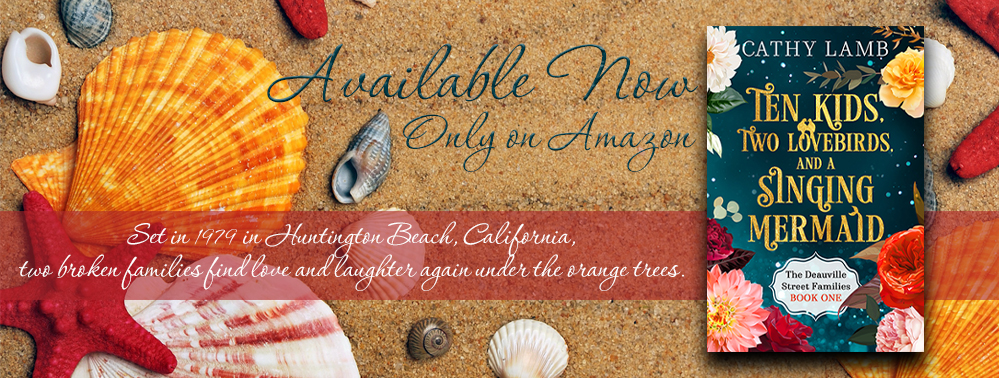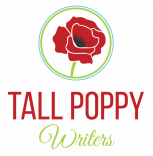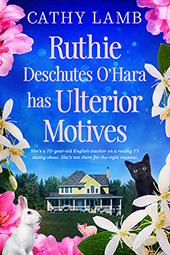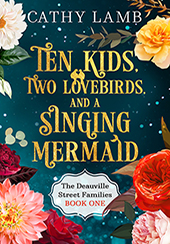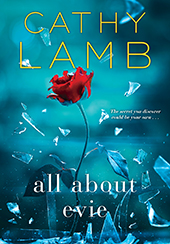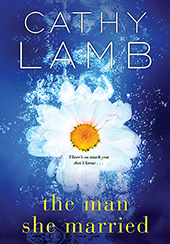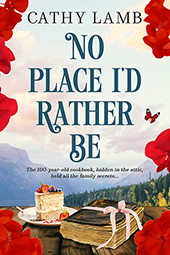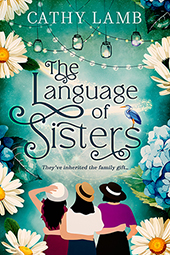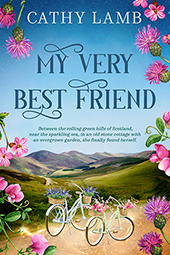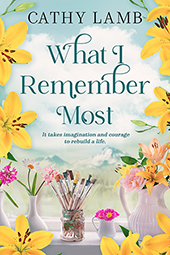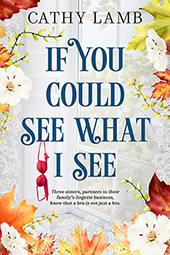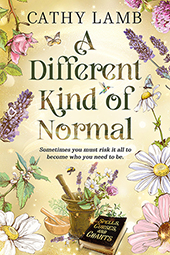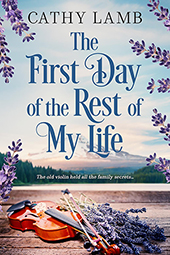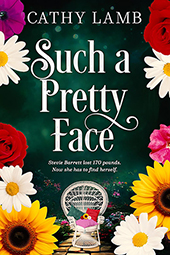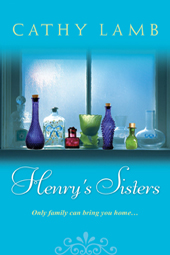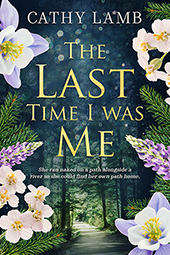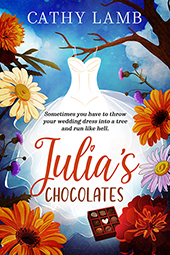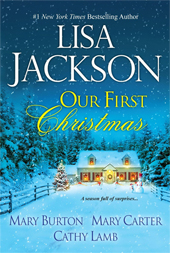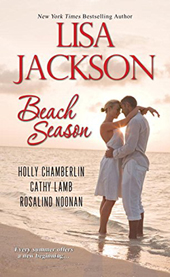Living In Russia In My Head
I was living in Russia in my head.
My brain was filled with facts and it felt like I was swimming upstream in the frozen Moskva River in Moscow with no life jacket.
When I wrote The Language of Sisters, which is about a brave family who escaped Russia in the 1980’s and moved to Oregon, I had to do a TON of research.
Then I had to do more.
And more.
And more until my eyes practically crossed and I could almost hear my brain sizzling, smoke coming out of my ears.
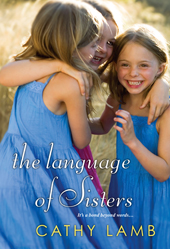
The Language of Sisters is told in current time, in Portland, through the eyes of Toni Kozlovsky, but I had to tell the family’s back story. I had to explain why they left Russia, especially when they escaped with a fourth child in the middle of the night, who was not their own. I had to figure out what happened to them, as a family, as individuals, and the secrets they kept from one another.
So in order to accurately portray the Kozlovskys’ lives in cold, frightening, poor Communist Moscow, I started studying Russian history.
A few of those topics, among others?
- The history of the Soviet Union/Russia 1890’s – 1991.
- The Tsar and his family and how they ruled the Soviet Union.
- The Russian Revolution (What caused it?)
- Communism
- Carl Marx
- Lenin and Stalin
- The KGB (Dangerous, so very, very dangerous)
- Christians in the Soviet Union and the consequences for being Christian. (Most hid that they were Christian, punishment was severe, including having your children taken from you.)
- Food deprivations in the Soviet Union, poverty, life in general, including what it was like to buy from state owned stores with endlessly long lines and live in state run apartment buildings where heat and plumbing were intermittent/non-existent
- The schools in the Soviet Union and what and how they taught (Rote. Memorization. Brain washing. Speak the party line or get in serious trouble.)
- Economics and atheism (Illegal to be Christian.)
- The role of the Russian Orthodox church (The priests sometimes took “confession” from their parishioners and then reported on them to government authorities and then the poor person would disappear.)
- What threats and punishments a dissenter would face from the government…
- …which brings me to the gulag, prison, Siberia
- The Cold War
- Brezhnev and stagnation in the Soviet Union
- When, why, and how the Soviet Union broke up
I will not bore you with a longer list or your eyes may cross, too. And who wants smoke to come out of their ears? Not me.
I loved researching Russia history because I didn’t know enough about it and found it harshly, sadly fascinating and, once again, was glad I was born here, and not there.
I hated researching/writing about Russia because it triggered my Type A personality. Which means, I researched, checked, re-checked, and checked again MANY times, to make sure that everything I wrote about the history of this family, while living in Russia, was correct.
I didn’t want to make a mistake. So, about 10% of what I learned about Russia went in the book. 90% was for me so I would know, at least somewhat, what I was talking about.
Here’s the first chapter of the book to give you an idea of what life was like in Russia for my character Toni Kozlovsky.
Chapter 1
I was talented at pickpocketing.
I knew how to slip my fingers in, soft and smooth, like moving silk. I was lightning quick, a sleight of hand, a twist of the wrist. I was adept at disappearing, at hiding, at waiting, until it was safe to run, to escape.
I was a whisper, drifting smoke, a breeze.
I was a little girl, in the frigid cold of Moscow, under the looming shadow of the Soviet Union, my coat too small, my shoes too tight, my stomach an empty shell.
I was desperate. We were desperate.
Survival stealing, my sisters and I called it.
Had we not stolen, we might not have survived.
But we did. We survived. My father barely, my mother only through endless grit and determination, but now we are here, in Oregon, a noisy family, who does not talk about what happened back in Russia, twenty-five years ago. It is best to forget, my parents have told us, many times.
“Forget it happened. It another life, no?” my father says. “This here, this our true life. We Americans now. Americans!”
We tried to forget, but in the inky-black silence of night, when Mother Russia intrudes our dreams, like a swishing scythe, a crooked claw emerging from the ruins of tragedy, when we remember family members buried under the frozen wasteland of the Soviet Union’s far reaches, we are all haunted, some more than others.
You would never guess by looking at my family what some of us have done and what has been done to us. You would never sense our collective memory, what we share, what we hide.
We are the Kozlovskys.
We like to think we are good people.
And, most of the time, we are. Quite good.
And yet, when cornered, when one of us is threatened, we come up swinging.
But, pfft.
All that. In the past. Best to forget what happened.
As my mother says, in her broken English, wagging her finger, “No use going to Moscow in your head. We are family. We are the Kozlovskys. That all we need to know. The rest, those secrets, let them lie down.”
Yes, do.
Let all the secrets lie.
For as long as they’ll stay down.
They were coming up fast. I could feel it.


